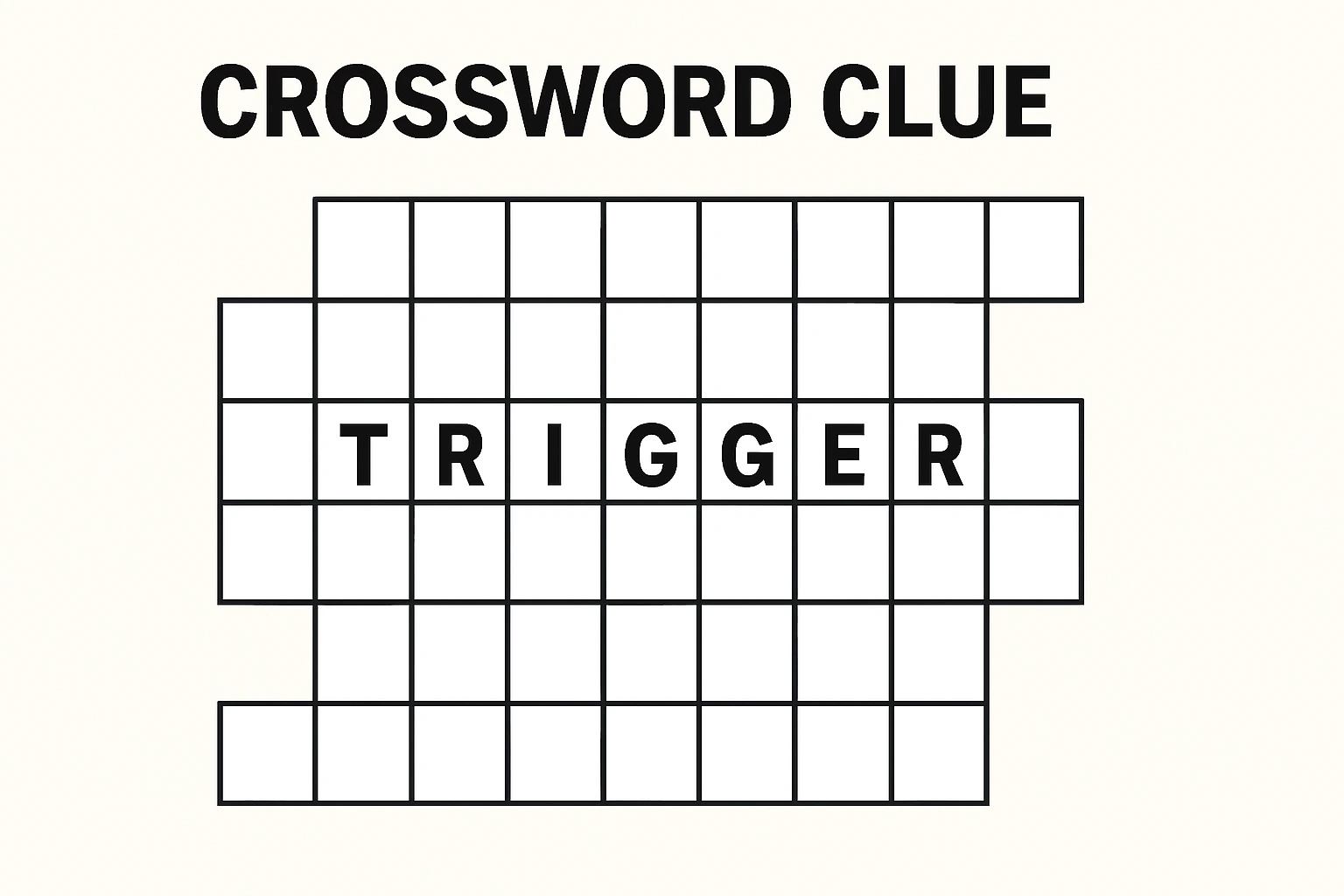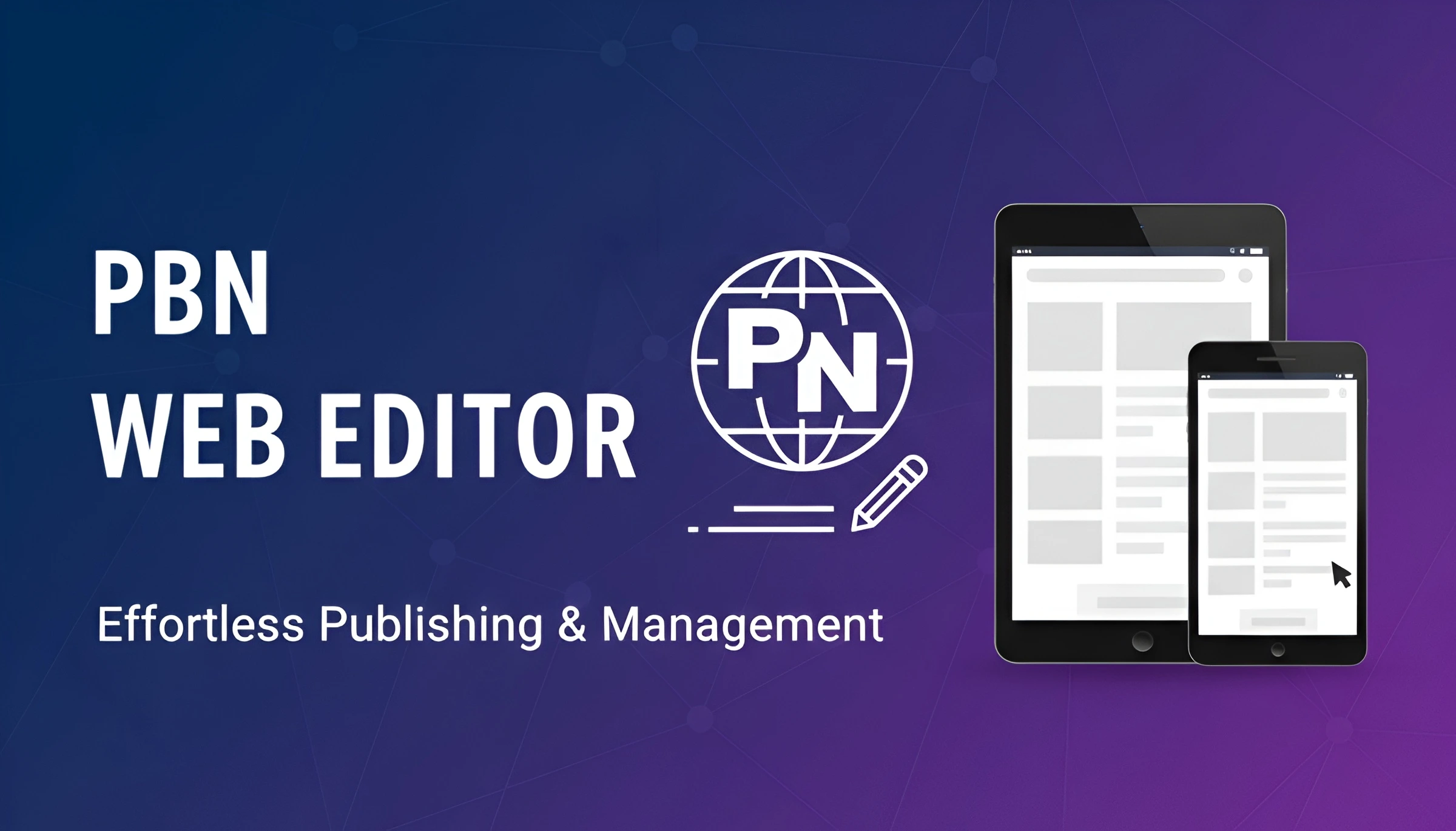For many avid golfers, the idea of turning a beloved hobby into a professional career is the ultimate dream. While the path from a casual weekend player to a touring professional golf passion career is demanding, it is not impossible. It requires immense dedication, a strategic plan, and an unwavering commitment to improvement. Making this leap involves more than just lowering your handicap; it means adopting the lifestyle and mindset of a full-time athlete.This guide outlines the essential steps to help you transition from a passionate amateur to a professional golfer, turning your vision into a viable career path.
Assess Your Skill and Set Realistic Goals
The first step on the journey to becoming a pro is an honest self-assessment. Consistently shooting low scores at your local club is a great start, but the professional level demands exceptional skill. You need to be able to compete and win against the best players in your region before thinking about national or international tours.
Establish a Performance Baseline
Start by tracking your stats meticulously. Analyze your fairways hit, greens in regulation, scrambling percentage, and putting averages. This data provides a clear picture of your strengths and weaknesses. Set specific, measurable, and time-bound goals. For example, aim to lower your scoring average by two strokes over the next six months or improve your sand save percentage to 50%.
Commit to a Professional Training Regimen
Talent alone is not enough to succeed in professional golf. It must be nurtured through a structured and intense training program that covers every aspect of the game. This goes far beyond occasional range sessions.
Technical Skill Development
Your practice must be deliberate. Dedicate significant time to all facets of your game, from driving and iron play to chipping and putting. A qualified coach is essential for providing expert feedback, identifying swing flaws, and designing effective drills. They can help you build a repeatable swing that holds up under pressure. Consistent practice, even when conditions are not ideal, is crucial. Using a golf simulator indoors can provide a controlled environment for year-round training and precise data feedback.
Physical and Mental Conditioning
Professional golf is a physically demanding sport. A comprehensive fitness routine focused on strength, flexibility, and endurance is non-negotiable. Work with a trainer to develop a golf-specific workout plan. Equally important is mental toughness. The ability to stay focused, manage emotions, and maintain confidence during a round separates the best from the rest. Consider working with a sports psychologist to develop mental strategies for competition.
Gain Competitive Tournament Experience
Playing in tournaments is the only way to test your skills under pressure and gain exposure. Start at the local level and work your way up.
Climb the Competitive Ladder
Begin by entering top amateur tournaments in your city and state. Success in these events will build your confidence and your ranking. As you improve, seek out national amateur championships and mini-tour events. These smaller professional tours are a crucial stepping stone, offering valuable experience against other aspiring pros and a chance to earn money.
Build a Strong Support Network
No professional athlete succeeds alone. The journey is long and often challenging, making a solid support system vital.
Assemble Your Team
Your team should include a golf coach, a fitness trainer, and potentially a sports psychologist and a financial advisor. These experts will provide the guidance you need to navigate the complexities of a professional career. Support from family and friends is also invaluable for moral support during the inevitable highs and lows.
Manage the Financial Realities
Pursuing a professional golf career is a significant financial investment. Entry fees, travel expenses, coaching, and equipment costs add up quickly. It’s important to have a solid financial plan in place. Many aspiring pros seek sponsorships from local businesses or find flexible work to support their dream in the early stages.
The road to becoming a professional golfer is a marathon, not a sprint. It requires discipline, sacrifice, and a deep-seated passion for the game. By setting clear goals, committing to rigorous training, and building a strong support system, you can create a real opportunity to turn your weekend passion into a fulfilling professional career.








